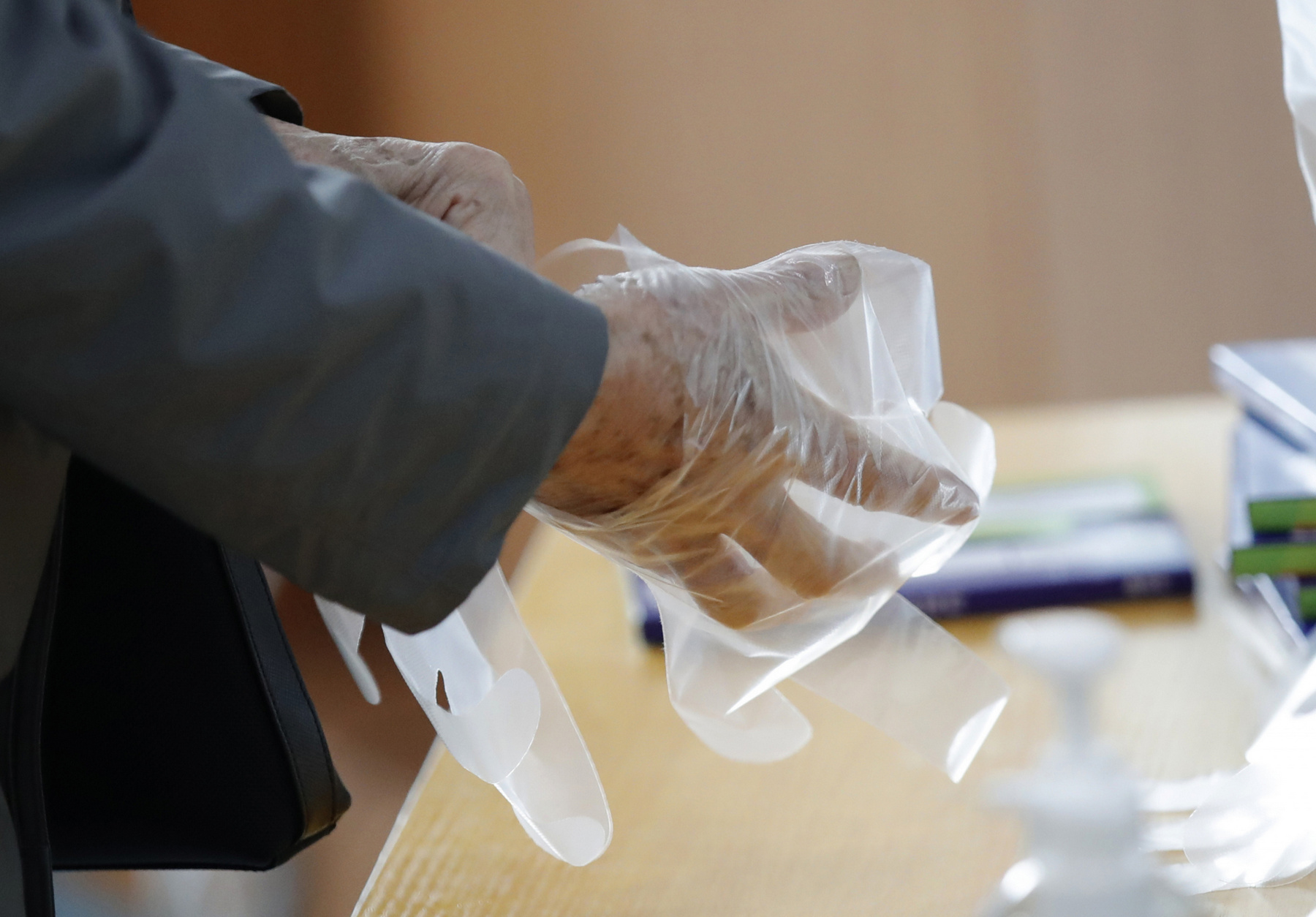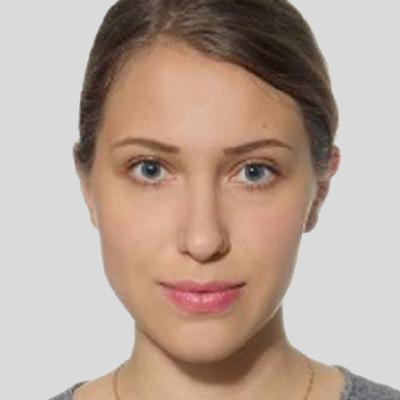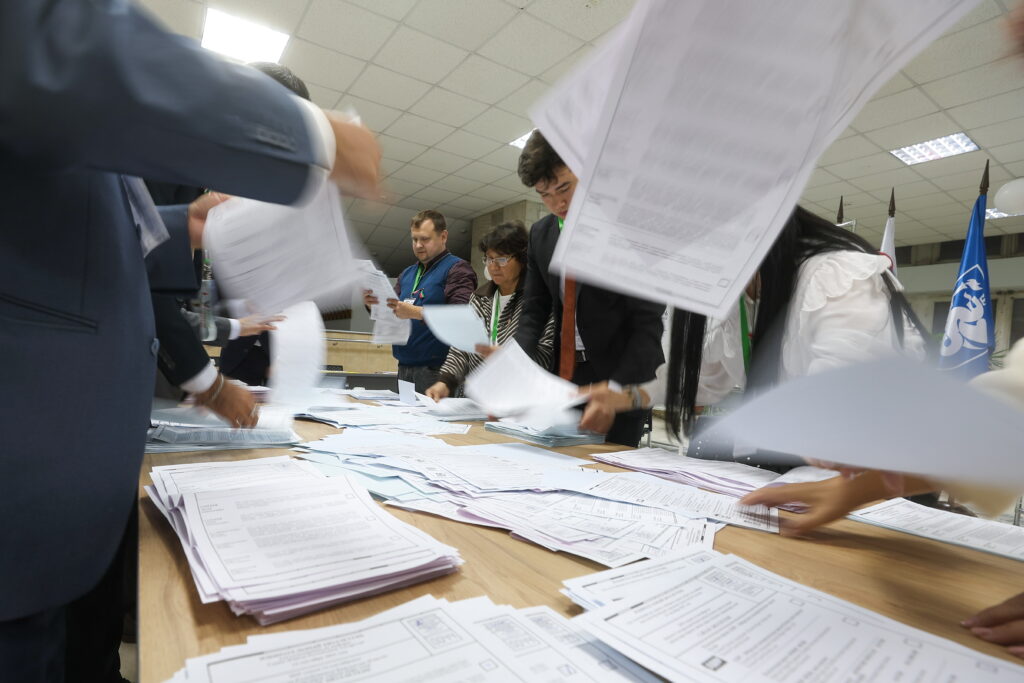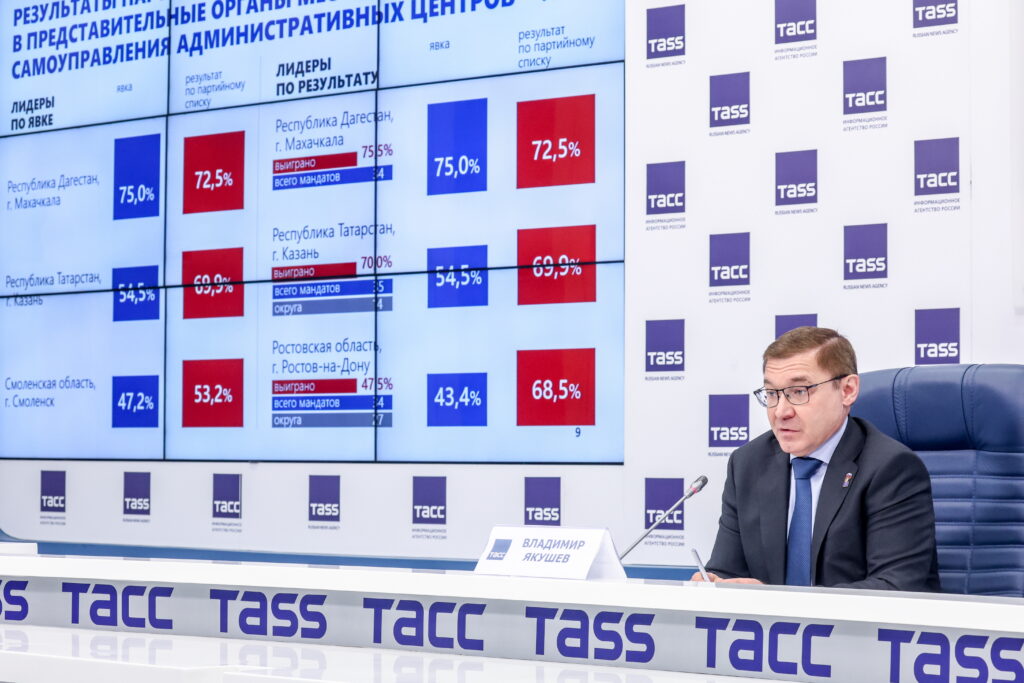The COVID-19 pandemic has seized the world. Many countries face a choice as to whether to postpone their elections or not. Most have chosen the first option: some have postponed their elections indefinitely, others for a year or so. Countries which decided not to change their plans faced low turnouts on voting day, a shortage of staff at electoral commissions, and other difficulties. In France, where municipal elections were scheduled to be held in two rounds, on March 15 and 22, the authorities were initially reticent to change the voting days. However, only the first round was held, and the second was postponed almost immediately after the first. The results of the first round showed a lower turnout than in previous elections (which was unusual for France, where municipal elections are usually much more popular than national ones.)
The international community does not have a clear stance on whether elections should be held during a pandemic. Public health concerns compete with fears that, due to the postponement of elections, “it would be undemocratic for the incumbent government to extend its mandate.” Nevertheless, citizens’ rights are significantly limited during a pandemic. Even win democracies, quarantine restrictions limit freedom of movement and thereby the ability to hold protests. All this gives experts grounds to argue that “a decision to postpone an election suspends political rights, and as such undermines the social contract between a government and its citizens.” However, this thesis can hardly be said to apply to autocracies, where it is the conduct of elections, rather than their absence, which demonstrates the restrictions on political rights.
In Russia, many experts had doubts about the voting procedure for the forthcoming referendum on constitutional amendments well before the coronavirus spread across the country. At the same time, this restriction on political rights has essentially made its way into a new social contract between the government and the citizenry. In the words of sociologist Denis Volkov, “about half of the Russian population is convinced that the government is amending the constitution primarily to suit their own interests. In such circumstances, people agree to an exchange: make some social amendments for us and you can include whatever political ones you like.”
On March 25 it became known that the Russian authorities had decided to postpone the referendum on constitutional amendments. The precise date will be announced after consultations with experts. But when choosing a new election date, it is important to consider a few important questions.
How can a government ensure voting rights during a pandemic?
This is a burning question for three categories of citizens. First of all are voters living abroad. The Russian authorities traditionally open a large number of polling stations in other countries: for example, about 400 polling stations in 145 countries were opened for Russia’s presidential elections in 2018. Furthermore, early voting and voting from home are usually organised for voters overseas. Therefore, in order to ensure that voting rights for all are respected, the choice of election day should be influenced not only by the situation in Russia, but by those in other countries too. In particular, by the situation in countries where Russia has traditionally opened many polling stations. After all, waiting for the situation to stabilise in 145 countries is probably not the best option. But if a decision is made to open polling stations in a small number of countries, alternative voting methods must be offered to Russian citizens abroad. Should such methods not be found, then there must be serious and thorough grounds for denying these groups of voters the right to participate in elections. It is also worth remembering the short periods allotted to working out a strategy to cater to overseas voters: the last schedule, approved by Russia’s Central Election Commission (CEC) on March 20, set aside just four days for diplomatic missions to complete the task.
Secondly, it is worth sparing a thought for those voters diagnosed with the coronavirus when polls open. The voting procedure approved by the CEC on March 20 provides for the opening of polling stations in hospitals. However, it is not clear whether voting will be conducted in hospitals for infectious diseases, as officials of the electoral commission have not been given any instructions as to how to organise such a process. In Israel, for example, where elections were held on March 4, entirely separate polling stations were established for voters with suspected coronavirus cases. A solution like this, of course, requires additional time and material resources.
The third category comprises those who traditionally vote at home. Many elections in Russia have traditionally been accompanied by large scale home voting. The aforementioned voting procedure from March 20 extends the period for home voting to seven days. Given the current situation, it is worth asking how the CEC plans on safeguarding its employees who go out on home voting rounds. Will they use personal protection kits? Will they be able to change these kits after visiting each voter’s home? Is there a way to minimise the number of voters each employee must encounter? If these questions can be convincingly answered, it will be clear how many resources, both material and human, will be required to conduct large scale home voting.
How will the safety of election commission staff be ensured?
This last point brings us to an important question. In many countries, employees of election commissions are people of retirement age or on the cusp of retiring. Although there is no data on the average age of CEC employees in Russia, it is highly likely that we are not an exception. This age group is in the high risk category for COVID-19 infections. Furthermore, election commissions and their composition are formed for five year periods. Is it possible to guarantee that the CEC will still be sufficiently staffed by the time election day comes around? What if many election commission officials simply decide not to take part in organising elections due to illness or the fear of illness or infection? Some staff may not even make their decision know until the very eve of election day.
The USA has already faced this problem in states where primaries were held in March 2020: some polling stations could not be opened due to a sudden shortage of election commission staff.
A further problem is the lack of disinfection and personal protection equipment. Providing sufficient quantities of them for every polling station looks financially impossible at present. This means surgical masks and gloves for all members of all election commissions; it means more serious provisions for those in contact with people suspected of being infected with COVID-19. It means enough antiseptic cleaner so that everything touched by voters and election commission employees can be properly and regularly disinfected: everything from tables, pens, voting booths, and other surfaces. In the USA, despite the fact that the electoral commissions was permitted to spend up to US$800 million from the Fund for Secure Elections (which had previously been allocated to cyber security) on disinfection and protection, many polling stations still did not open.
This all goes to show that, when selecting a new date for elections, there must be a careful calculation of the risks posed to all employees of election commissions, all of which should be provided with sufficient disinfection and protective equipment. It must also be remembered that preparations for elections begin long before the scheduled voting day and involves frequent meetings of election commission staff, in person. Can these meetings and their deliberations be held online? Moreover, in those regions of Russia where optical scan voting machines are used, these devices will need to be disinfected. Can that be done without damaging them?
The voting procedure which has been adopted expands the possibilities for early voting. However, it is not yet clear what effect these measures will have on the staff of election commissions; due to the extension of the early voting period they will have to work even longer to prepare to conduct voting outside specially designated premises.
Where will polling stations be opened?
This question likewise concerns not only the organisation of voting within Russia, but also how it is carried out abroad. There needs to be some consideration of alternative forms of infrastructure during the election. These must allow for the voter to maintain a safe distance from employees of the election commission, as well as between each other. Thus the president’s promise to increase the space between voting booths at polling stations; according to the CEC’s assurances, the possibility of more early voting and home voting should prevent the possibility of citizens gathering together in large groups at polling stations. However, the planned use of the “mobile voter” mechanism, which should allow a voter to file a declaration to vote at their current location, could lead to the opposite effect than intended: it may become clear several days before the vote that certain polling stations could be overcrowded.
Russia has also traditionally opened polling stations not only in diplomatic missions, but also in hotels and cultural institutions in other countries. Under the current circumstances, are these facilities still available for that purpose? When it comes to keeping voters and election commission staff at a safe distance, will these facilities abide by the same standards which will be observed by polling stations back in Russia?
The hidden costs of an election
Elections are not only held in democracies, and elections are not only held for democratic purposes. Nevertheless, any election will retain some trappings of democracy. Under quarantine, the already limited right to freedom of assembly in Russia has completely vanished. This restriction, together with the absence of a number of “the most important guarantees which ensure confidence in the results of voting” may lead to a boycott of the vote by part of the population, leading to a refusal to recognise the legitimacy of the results. Therefore, the choice of a new date should allow citizens the opportunity to take part in electoral campaigns as usual, but only if and when the restrictions imposed during the coronavirus pandemic are lifted. In addition, the recent decision to transfer the remit for organising video surveillance of polling stations to the regional level represents additional risks for election observers and employees of election commissions alike. Observers will now have to be present at polling stations in person.
These additional measures, however necessary, will increase the administrative burden on the public sector, whose resources and effort would be better focused on fighting the spread of the virus. Consequently, the cost of holding elections will increase; doing so already requires significant resources, even without additional measures during a public health emergency. And at the end of it all, there is no guarantee that the authorities will get the result they expect. If the conduct of the elections is unsuccessful (meaning length queues around polling stations, polling stations closed due to a shortage of staff, and the impossibility of home voting or voting overseas), this is very likely to be the case. The authorities may not get the public legitimation they seek. In fact, the president’s core electorate could end up bitterly disappointed — disillusioned in the authorities’ clear inability to organise something resembling an election.










